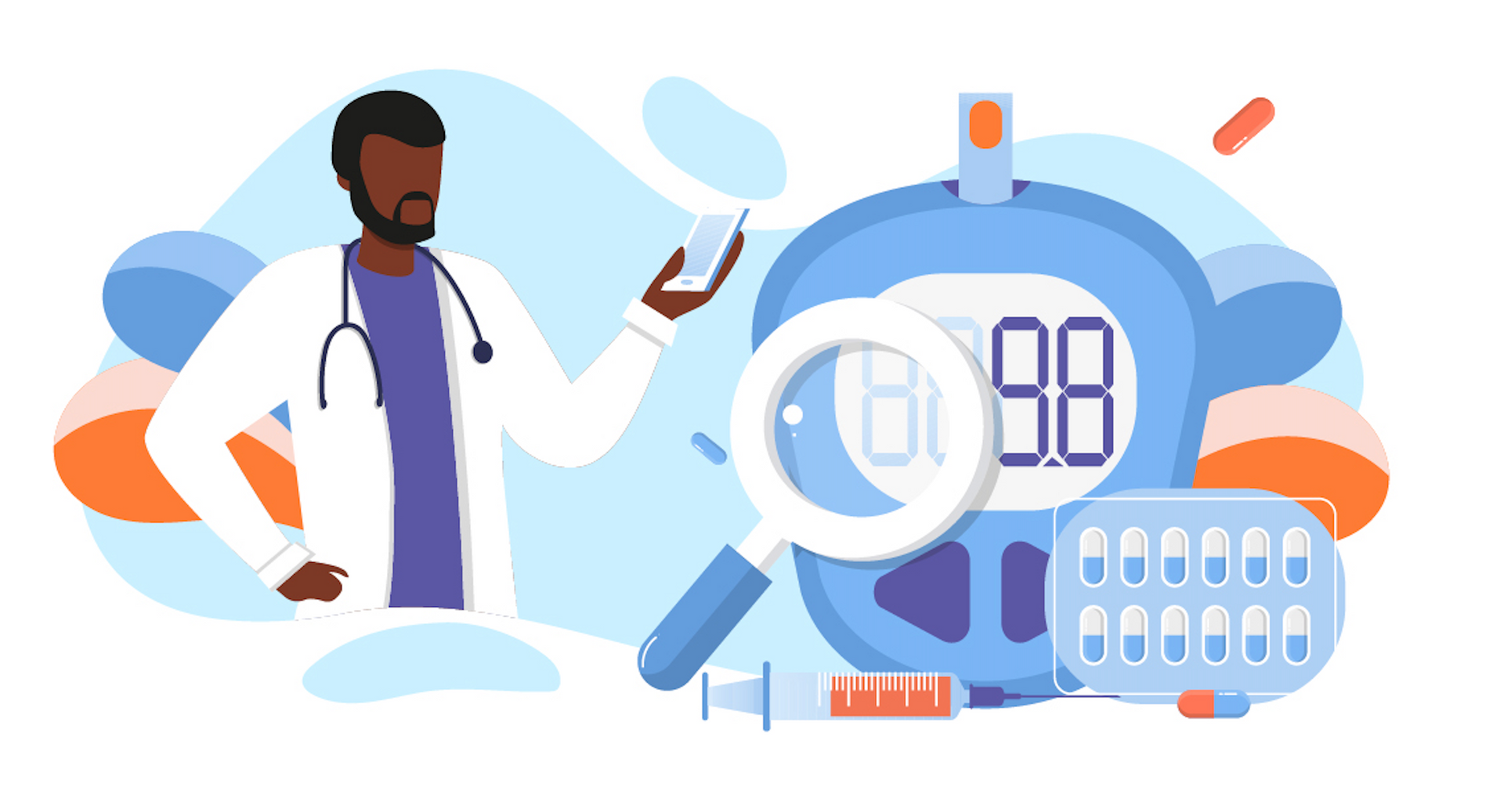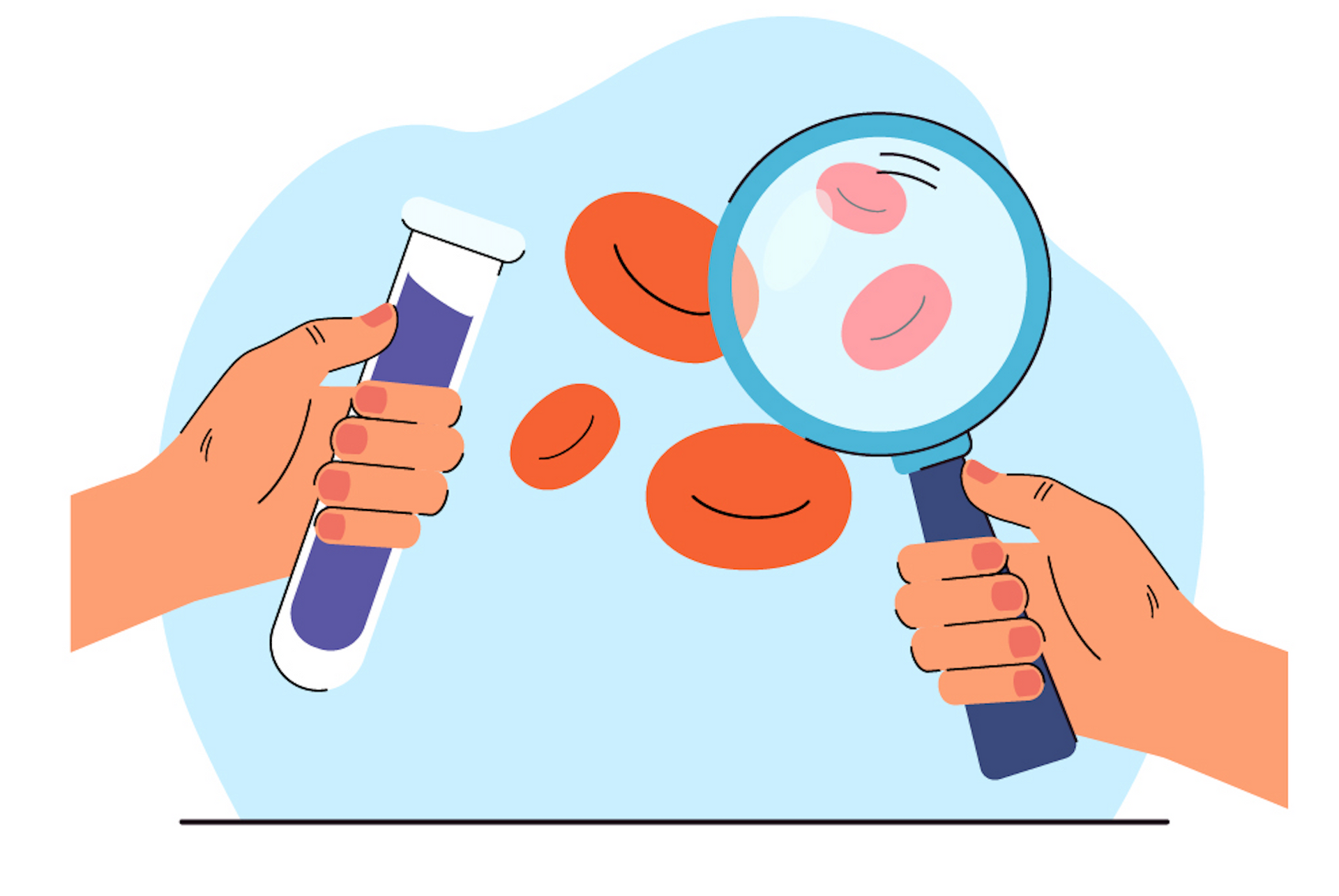High Blood Triglycerides. Why do they matter?
Find out more information about the impact of high blood triglyceride and the risk of Metabolic Syndrome
The definition of triglycerides
Triglycerides represent the predominant form of fat in your diet, making up approximately 95% of all consumed fats. Both sources, whether they are from animals or plants, contribute to your triglyceride intake.
After digestion, these fats travel through your bloodstream, supplying cells with the energy they need. Any surplus triglycerides not immediately used by the cells get stored within your body's fat reserves, providing a backup energy source to be tapped into between meals.
However, if one consistently consumes more kilojoules than they expend, this can not only result in weight gain, but can also lead to elevated levels of circulating triglycerides.
"Elevated blood triglyceride levels have been directly linked to a heightened risk for various health issues, most notably Metabolic Syndrome."
This condition of high triglycerides in the bloodstream is termed hypertriglyceridemia.


Schedule your blood triglyceride and related metabolic health screening today
Book in on our website at a convenient time to consult with our nurse practitioner for a FREE screening of your metabolic concerns. This service is directly billed to Medicare at no additional cost to you.
What's the difference between triglycerides and cholesterol?
Triglycerides and cholesterol, while both being lipids present in the blood, serve different purposes:
- Triglycerides: These function primarily as energy reserves. They store any excess calories you consume, and when your body needs energy between meals, it taps into these reserves
- Cholesterol: This lipid plays a crucial role in forming cell membranes and is a building block for certain hormones that regulate various bodily functions


The associations between Metabolic Syndrome and High blood triglycerides
High triglycerides are often a sign of other conditions that increase the risk of heart disease and stroke, including obesity and metabolic syndrome - a condition when high blood pressure, obesity and high blood sugar occur together, increasing your risk of heart disease.
High triglycerides can also be a sign of:
- Type 2 diabetes or prediabetes
- Low levels of thyroid hormones (hypothyroidism)
- Certain rare genetic conditions that affect how your body converts fat to energy

